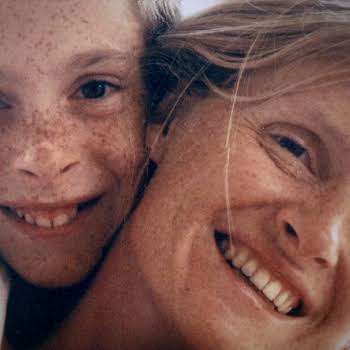
By Niamh ODonoghue
03rd Nov 2016
03rd Nov 2016
Our unquenchable thirst for coffee is ruining the industry, according to latest reports by Bloomberg. It could be time to re-think your 3PM macchiato for a cup of tea instead as global demand for coffee has reached a historic high – and it’s all millennials’ fault.
Data compiled by Bloomberg shows that 19 – 34-year-olds are the highest consumers of coffee in the world, and account for almost 44 percent of coffee drinkers in the US. The research also shows that American’s are the biggest java junkies in the world, and coffee addiction among younger people is a rapidly growing trend.Over an eight-year research period, coffee consumption among the 18- to 24-years-olds soared to 48 percent from 34 percent, while it climbed to 60 percent from 51 percent among those aged 25 to 39 according to the National Coffee Association in New York.
Over an eight-year research period, coffee consumption among the 18- to 24-years-olds soared to 48 percent from 34 percent, while it climbed to 60 percent from 51 percent among those aged 25 to 39 according to the National Coffee Association in New York.
Who can we blame when the coffee runs out? Ourselves.?The problem is a’simple case of supply and demand, however, because of ongoing drought-like conditions in brazil – which produces around 25 percent of the world’s global coffee supply – ?we could see a coffee shortage much sooner than anticipated. In 2012, half of South America’s coffee supply was wiped out, and experts predict that by 2050 half of the world’s coffee regions will be gone. The answer to our coffee problem lies in reducing climate change; which is a far cry from a simple solution.
Another risk factor for coffee is the trend culture we’ve created around whereby it’s almost ‘fashionable’ to be seen drinking it. ?But coffee isn’t a fashion statement, and if you have to kill your caffeine?cravings try and choose a coffee house who use locally produced beans such as Cloud Picker Coffee – Dublin’s only micro?coffee roastery.























